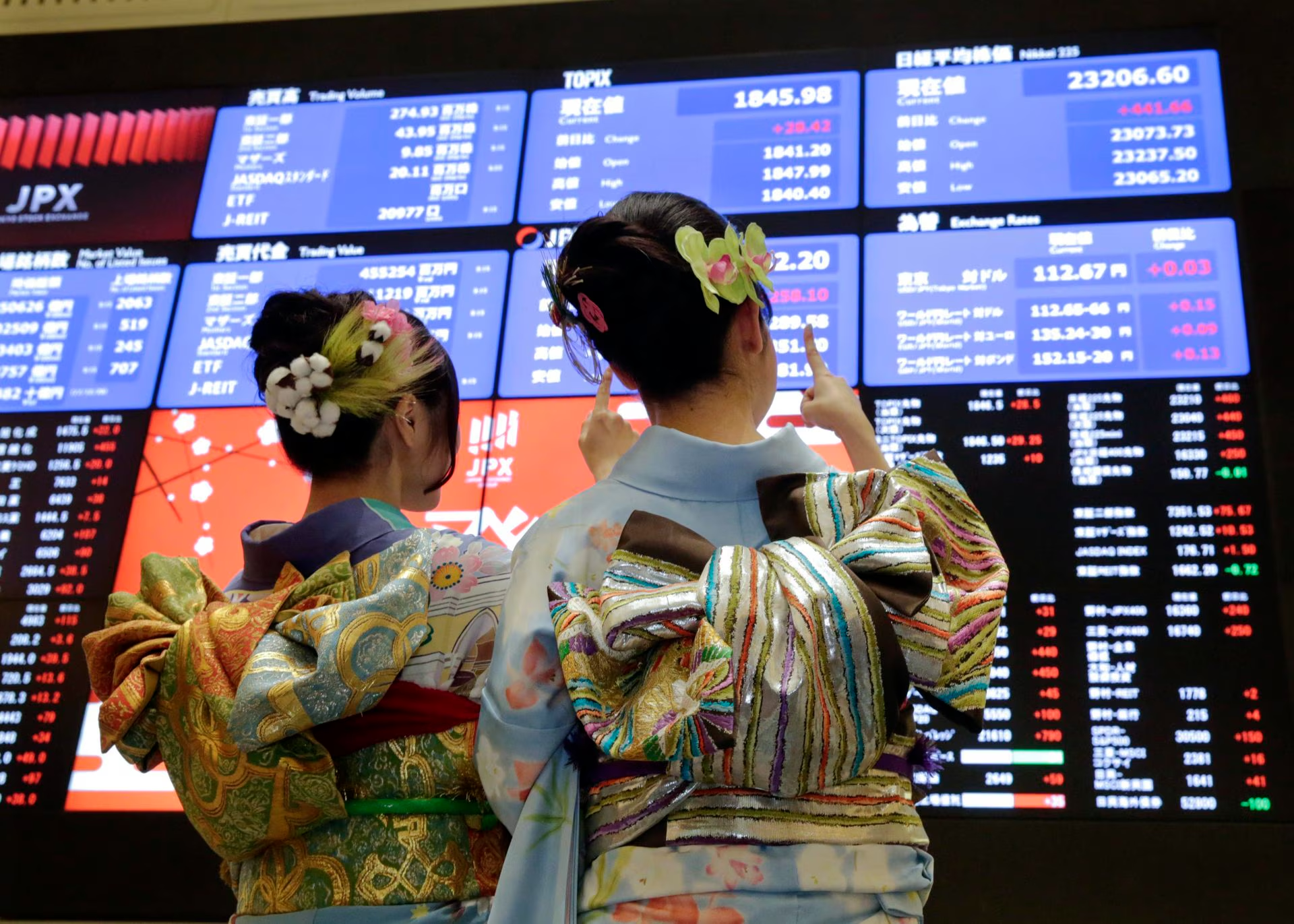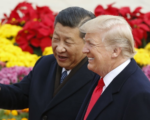Trump’s Return Could Boost Asian Markets, Particularly in China and Japan

As President Donald Trump returns to office, Asian markets, including China, appear poised for resilience, with investors optimistic that the region’s economy can withstand potential tariffs and trade tensions better than Europe. While European sectors like automotive and renewables experienced declines, Asia’s financial markets displayed steadiness, underscoring confidence in the region’s ability to adapt to Trump’s trade policies.
Analysts note that Asia’s supply chains and export markets are structurally better equipped to navigate protectionist policies. China, in particular, is expected to counterbalance any potential external pressures by bolstering domestic demand, while India’s robust growth continues to attract investment. Japan’s financial markets also showed steady activity, with significant buying in industrial and financial sectors. Shinji Ogawa, co-head of Japan cash equities sales at J.P. Morgan in Tokyo, highlighted this investor confidence, attributing it to Japan’s anticipated interest rate hikes and economic measures expected from an upcoming policy meeting in China.
Historically, Trump’s trade policies led investors to favor U.S. equities, drawing funds from Asian markets, especially Hong Kong. However, those with diversified portfolios are now retaining their Asia investments. Ken Peng, head of Asia investment strategy at Citi Wealth in Hong Kong, believes that current economic conditions will likely sustain growth-focused investments in Asia, particularly in India, where economic momentum remains strong.
In Japan, stocks for automakers, banks, and capital expenditure-sensitive heavy machinery companies surged, indicating investor preference for industries set to benefit from renewed investment. In Vietnam, anticipation of expanded manufacturing boosted shares in companies such as Becamex, a key industrial park operator, while Kinh Bac City, which has a business relationship with Trump’s private conglomerate, also saw gains.
China’s Better Preparedness for Trade Tensions
During Trump’s first term, China faced significant economic strain from trade tensions, which impacted both growth and the yuan. This time, however, investors believe China is more prepared for Trump’s policies. Charles Wang, chairman of Shenzhen Dragon Pacific Capital Management, pointed out that China is now better equipped both economically and technologically to handle trade challenges.
Wang has taken a cautious approach, divesting from Chinese auto parts companies due to anticipated tariff impacts, but he remains invested in China’s property sector, expecting that the government will support it regardless of trade conditions. Further, China’s strategic pivot toward domestic demand has reduced the U.S.’s share in China’s export market, minimizing direct trade risks and potentially encouraging more supportive domestic policies. According to Dong Baozhen, chairman of Beijing-based asset manager Lingtong Shengtai, heightened tariffs may reinforce China’s focus on internal demand, fostering policies that encourage local economic growth.
Capital Flows and Potential Opportunities
Despite recent fluctuations in the yuan, foreign long-only funds purchased $11.1 billion in Chinese equities through October, according to Morgan Stanley, with outflows remaining limited. Investors anticipate that Beijing will soon unveil a stimulus package, providing further stability.
Trump’s proposed domestic tax cuts may also benefit Asian markets indirectly, potentially boosting demand for Chinese goods. Some analysts see Trump’s isolationist policies as an opportunity for China to strengthen relations with other global markets, including Europe. Robert St Clair, head of investment strategy at Fullerton Fund Management, noted that Trump’s pragmatic approach as a businessman might lead him to manage tariff levels carefully, recognizing China’s significant role in high-value industries.
Ultimately, while challenges from U.S.-China trade dynamics remain, many investors are confident that China and broader Asian markets are better equipped to manage them, with Trump’s policies potentially opening new avenues for growth across the region.





















